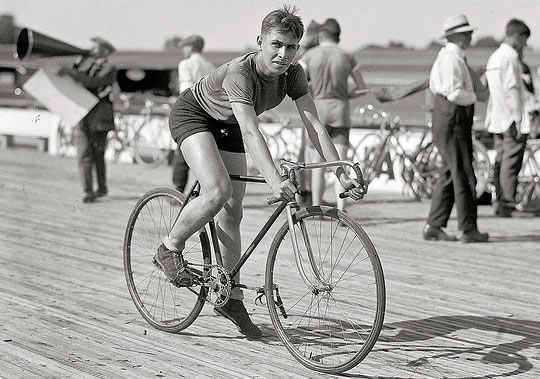Even if you are already in middle age or later, the study has some good news.
Young adults who are in good physical shape performed better in cognitive tests 25 years later, a new study finds.
The study, published in the journal Neurology, also found that even if you didn’t get too much exercise in your youth, it’s never too late to start, as the benefits can still be seen later on.
One of the study’s authors, David R. Jacobs, said:
“Many studies show the benefits to the brain of good heart health.
“This is one more important study that should remind young adults of the brain health benefits of cardio fitness activities such as running, swimming, biking or cardio fitness classes.”
In the study, 2,747 people, whose average age was 25, did a treadmill test which measured their cardiorespiratory fitness (Zhu et al., 2014).
This involved them running on the treadmill while the speed and incline increased, until they had to stop.
Twenty-five years later they were given tests of decision-making, verbal memory and the relationship between their thinking skills and physical actions.
The results showed that for each extra minute they could stay on the treadmill at around 25-years-old, when they reached between 43 to 54-years-of-age, they could:
- recall 0.12 more words on a memory test,
- replace 0.92 more numbers with symbols in a psychomotor test.
Although these numbers might not seem striking, Jacobs said:
“These changes were significant, and while they may be modest, they were larger than the effect from one year of aging.
Other studies in older individuals have shown that these tests are among the strongest predictors of developing dementia in the future.
One study showed that every additional word remembered on the memory test was associated with an 18-percent decrease in the risk of developing dementia after 10 years.”
Even if you are already in middle age or later, the study has some good news.
Those who had managed to boost their fitness levels over the 25 years also enjoyed increased cognitive performance.
Image credit: Tom Wigley

